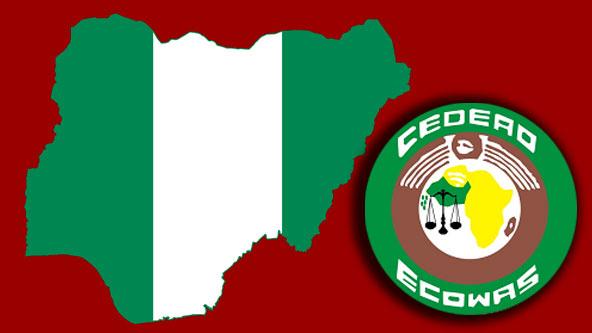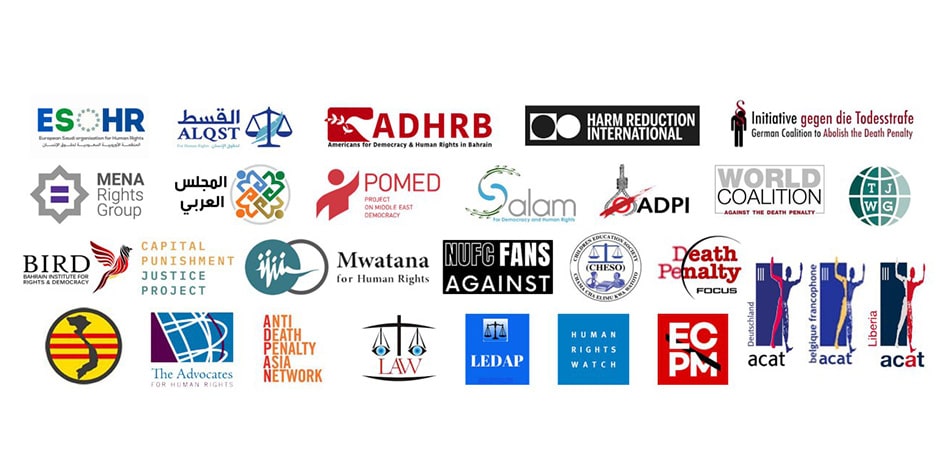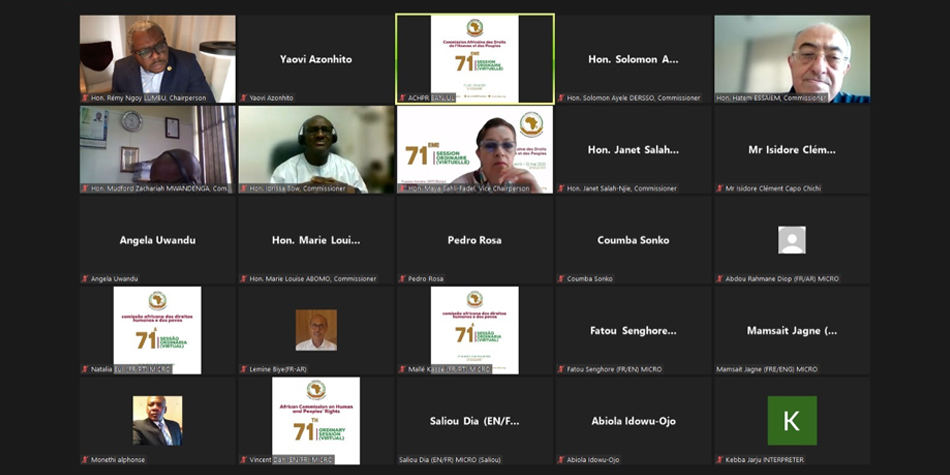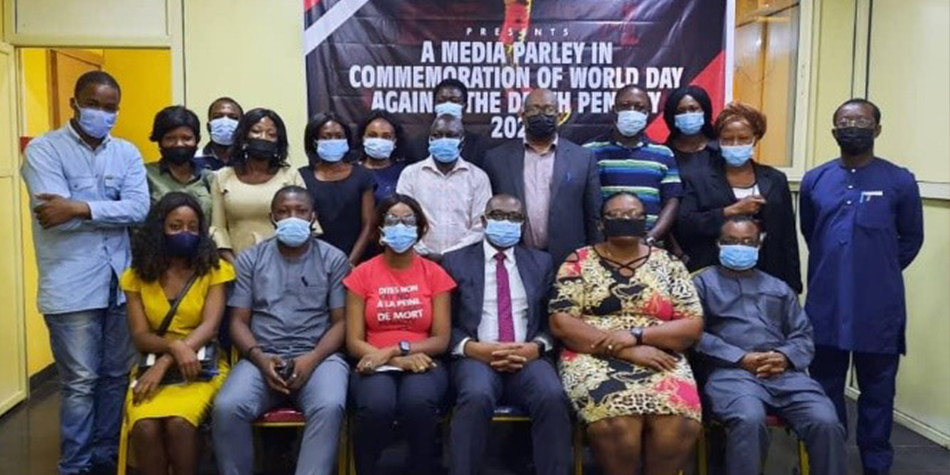
West African court finds against Nigeria in abusive capital cases
International standards
In what can be described as ground breaking judgments, the Community Court of Justice of the Economic Community of West African States (ECOWAS) stood up against the death penalty imposed on minors and threat of execution in the course of appeal. The judgments delivered on 10 June underscored the need to respect and enforce fundamental human rights as stipulated in the African Charter on Human and People’s Rights. The cases brought before the court were in respect of Maimuna Abdulmumini and Thankgod Ebhos, both sentenced to death in Nigeria.
Execution of juvenile offenders illegal
Maimuna Abdulmumini was tried for the alleged murder of her husband when she was only thirteen years old and was subsequently sentenced to death by a Katsina State High Court in 2012. In February this year, Avocats Sans Frontières France (Lawyers Without Borders France – ASFF) filed and won an application for interim measures on Maimuna’s behalf thus restraining the government from executing her, pending the accelerated hearing of her case.
In its final judgment, the presiding judge, Justice Hansine Donli, declared that pronouncing the death sentence on Maimuna for an offence she committed as a minor was a breach of article 6 sub section 5 of the International Covenant on Civil and Political Rights (ICCPR). The court awarded Maimuna N5 million as damages and N500,000 as the cost of the trial.
No execution while appeal is pending
In its final judgment, the court ordered the Nigerian government to remove Thankgod’s name from deah row as any attempt to execute Thankgod Ebhos was the fifth inmate of Edo prison who was taken to the gallows but was not executed. Thankgod has been on death row since 1995 after being sentenced to death by a military tribunal. ASFF had earlier in the year filed and won an injunction at the ECOWAS court restraining the Edo state government from carrying out the death sentence against him.
him while his appeal was still pending in the Court of Appeal would be a gross violation of his right to appeal as contained in section 6 subsection 4 of ICCPR .
Avocats Sans Frontieres France has hailed the judgments, which it described as ground-breaking.
“By its judgment, the ECOWAS court has shown commitment to ensuring strict adherence to due process and the right to defence as it relates to detainees on death row. In the wake of the executions in Edo last year, this Judgment cements a step in the move to firmly establish respect for fundamental human rights in the Nigerian legal system,” said Angela Uwandu, ASF France Head of Office in Nigeria.
Binding ruling
Article 15(4) of the ECOWAS Treaty makes the Judgment of the Court binding on member states, including Nigeria. The finality and enforceability of the court’s decisions is also provided for in the 1991 Protocol. Article 24 of the Supplementary Protocol o f the court and Article 77 of the ECOWAS Treaty empowers the court to sanction non compliance with judgments made.
The Saving Lives project run by ASFF in partnership with the National Human Rights Commission, the Nigerian Bar Association and Access for Justice has 140 detainees as beneficiaries in all the target states of the project. It is a move on the part of ASFF to ensure the restrictive pronouncement of capital punishment in Nigeria.
Saving Lives is funded by the European Union and the French Development Agency.







